Wikipedia
The Boeing 737 Next Generation, is a narrow body aircraft powered by two jet engines and manufactured by Boeing Commercial Airplanes. Launched in 1993 as a third generation derivative of the Boeing 737, it has been in production since 1997[4] and is an upgrade from the 737 Classic series (-300/-400/-500).
The aircraft has a redesigned wing with a larger area, wider wingspan, greater fuel capacity and higher maximum takeoff weight (MTOW). The aircraft is equipped with CFM International CFM56-7 series engines and a glass cockpit and features an upgraded and redesigned interior configuration. It has a longer reach and larger variants than its predecessor: The series includes four models, the 600/-700/-800/-900, seating between 108 and 215 passengers. The 737NG's main competition is with the Airbus A320 family.
As of March 2021, a total of 7,121 737NG aircraft have been ordered, of which 7,073 have been delivered, with remaining orders for the -700W, -800 and -800A variants. The most common variant is the 737-800 with 4,991 commercial, 186 military, and 23 corporate jets on order, of which 4,989, 145, and 21, respectively, have been delivered. Boeing stopped assembling commercial 737NGs in 2019 and made final deliveries in January 2020. The 737NGs were replaced by the fourth-generation 737 MAX, which was introduced in 2017.
Control
:Like Other Airplanes:
:AG2 To Brake
:AG3 To Thrust Reverser
Enjoy Your Flight
Specifications
Spotlights
- Inuyasha8215 3.5 years ago
- GuianLorenzo 3.5 years ago
- mikomiko 3.5 years ago
General Characteristics
- Predecessor 737-800
- Successors 1 airplane(s) +14 bonus
- Created On Android
- Wingspan 132.0ft (40.2m)
- Length 152.1ft (46.4m)
- Height 47.9ft (14.6m)
- Empty Weight N/A
- Loaded Weight 66,731lbs (30,268kg)
Performance
- Power/Weight Ratio 3.03
- Wing Loading 32.2lbs/ft2 (157.0kg/m2)
- Wing Area 2,074.8ft2 (192.8m2)
- Drag Points 40514
Parts
- Number of Parts 245
- Control Surfaces 5
- Performance Cost 1,217

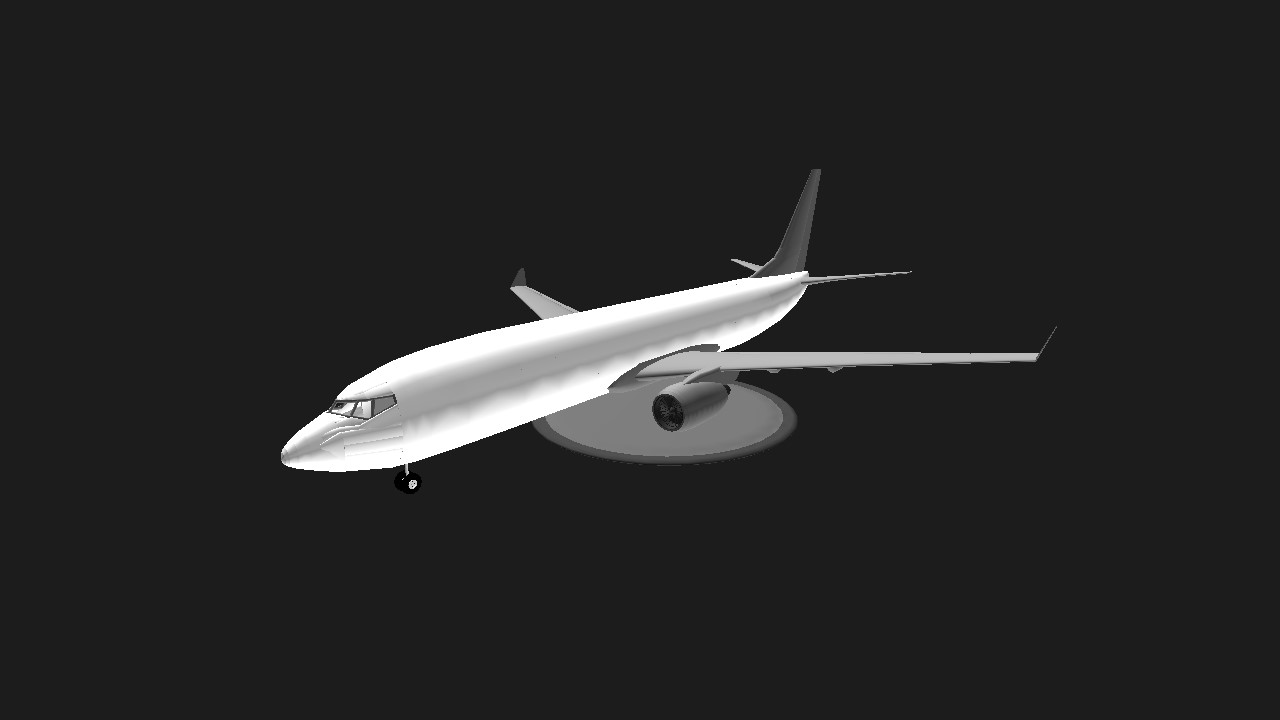
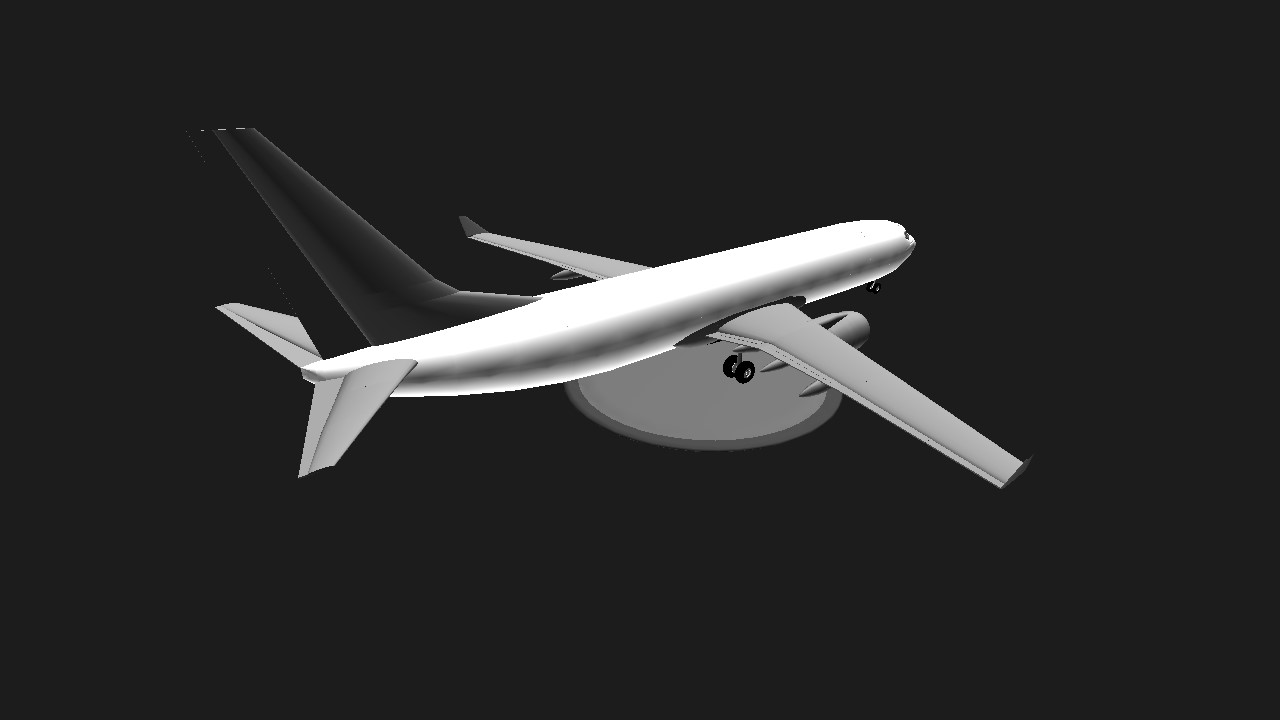
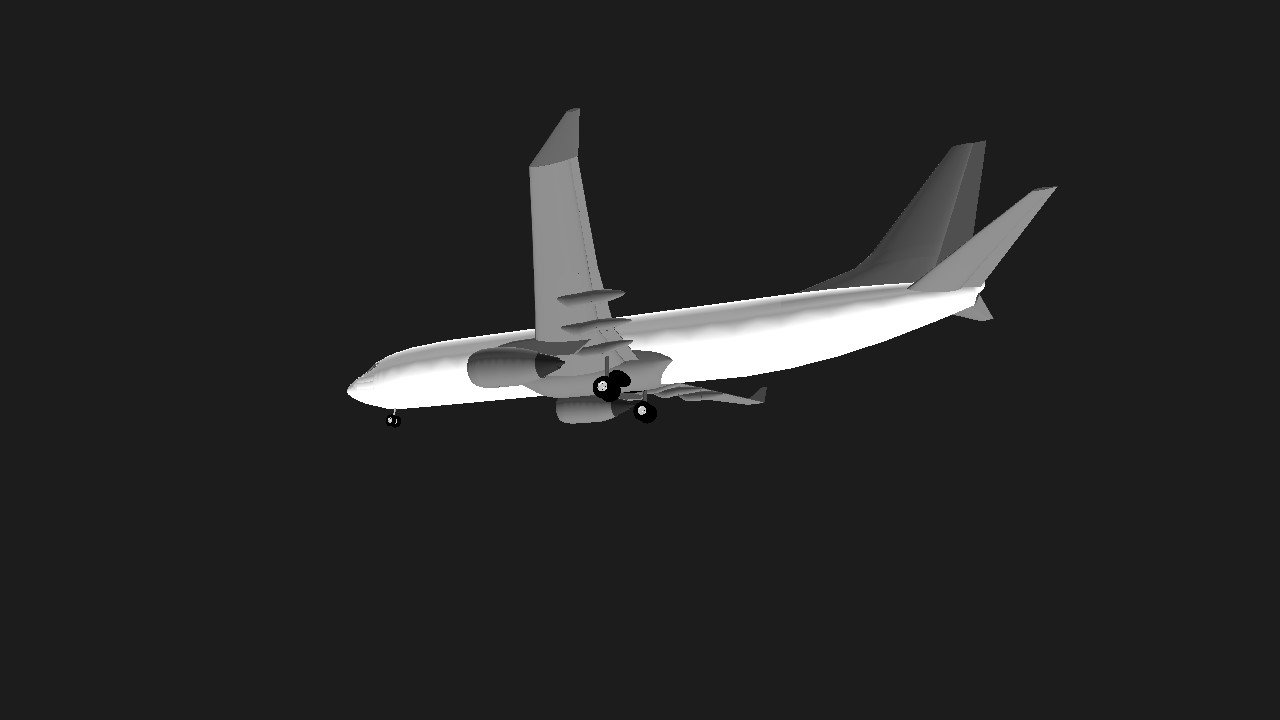
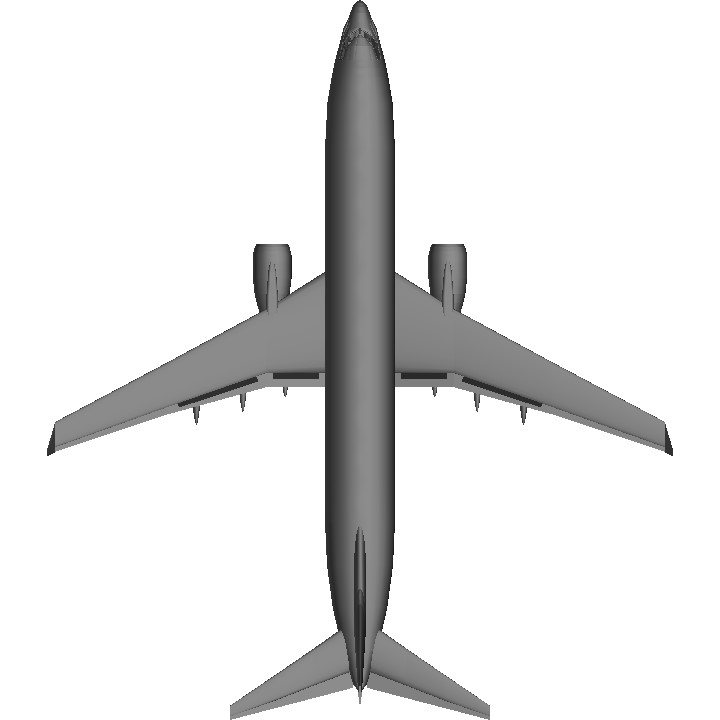
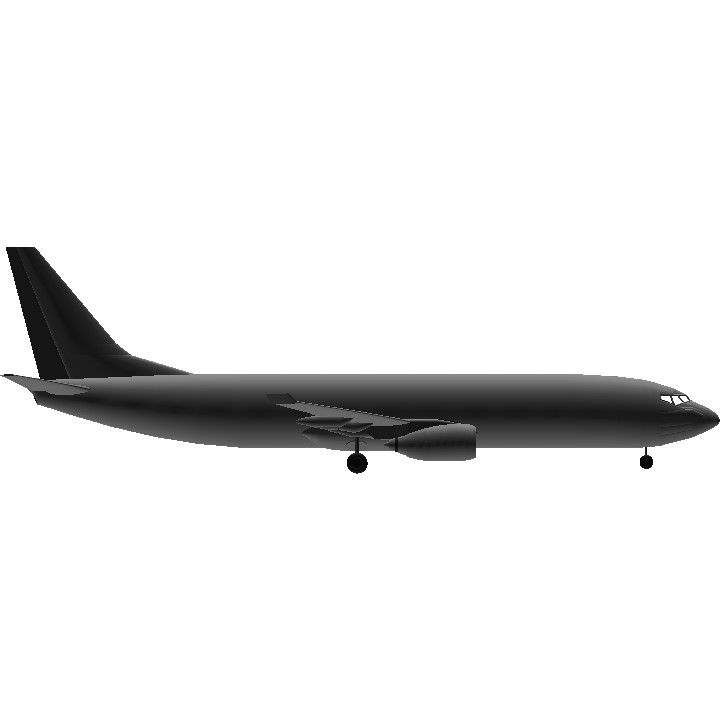
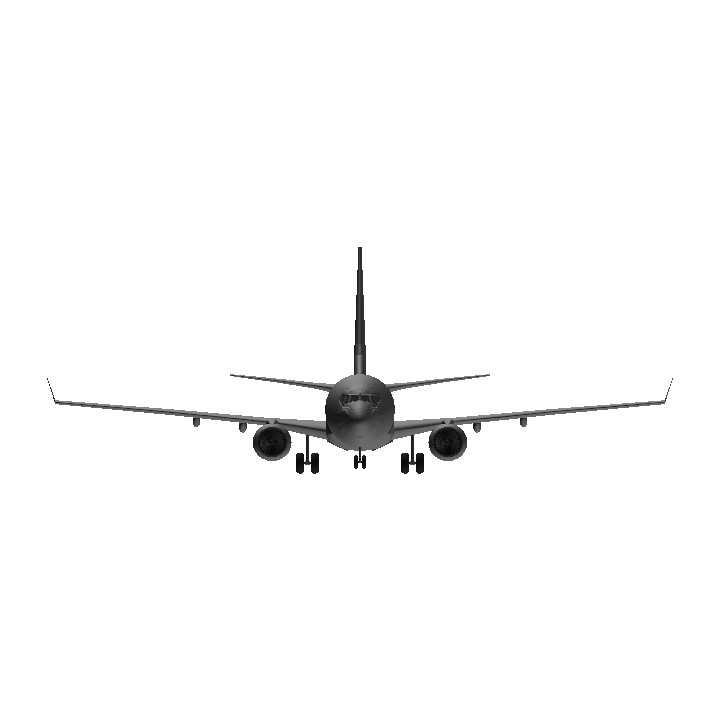
Mantabs
Noice